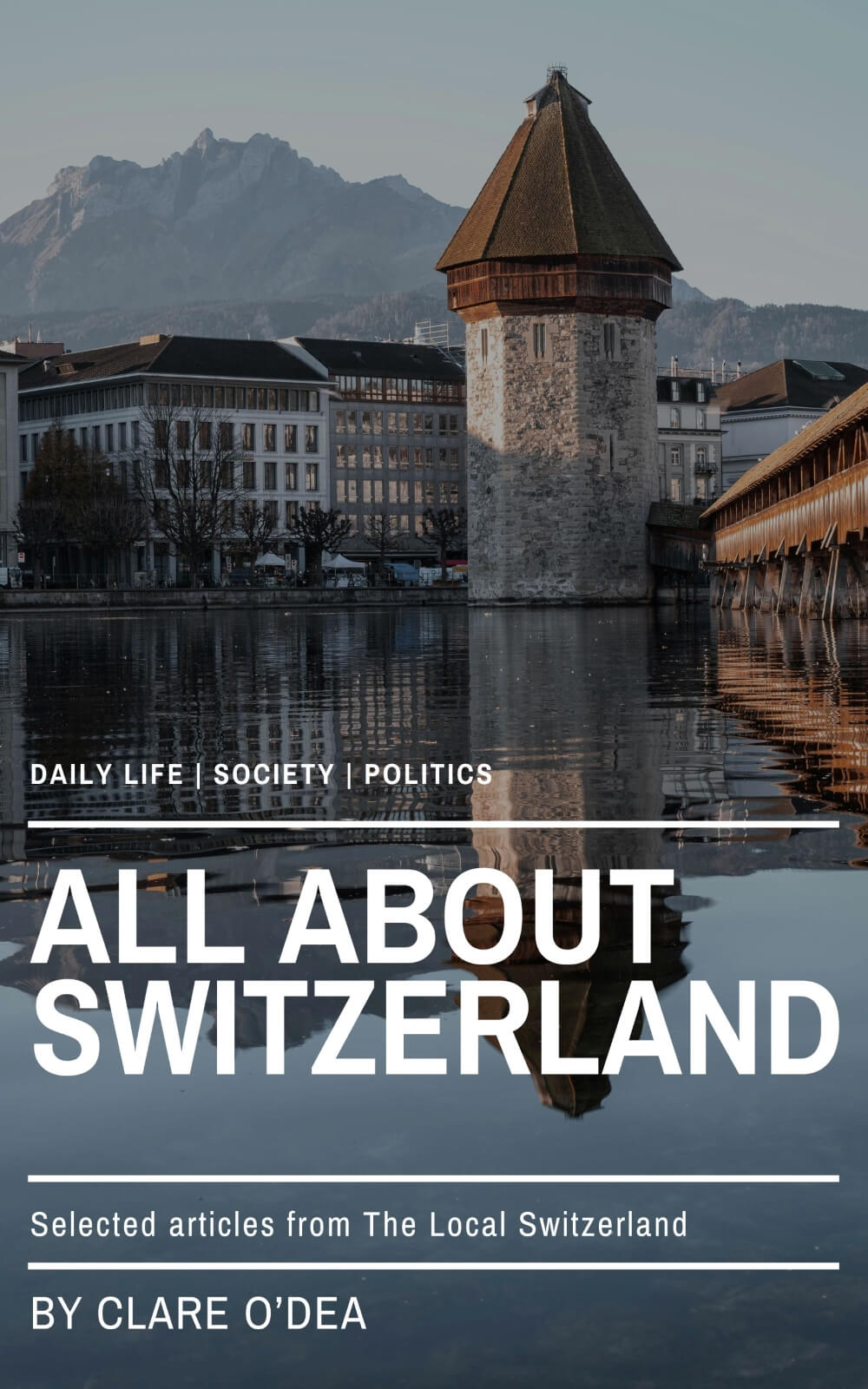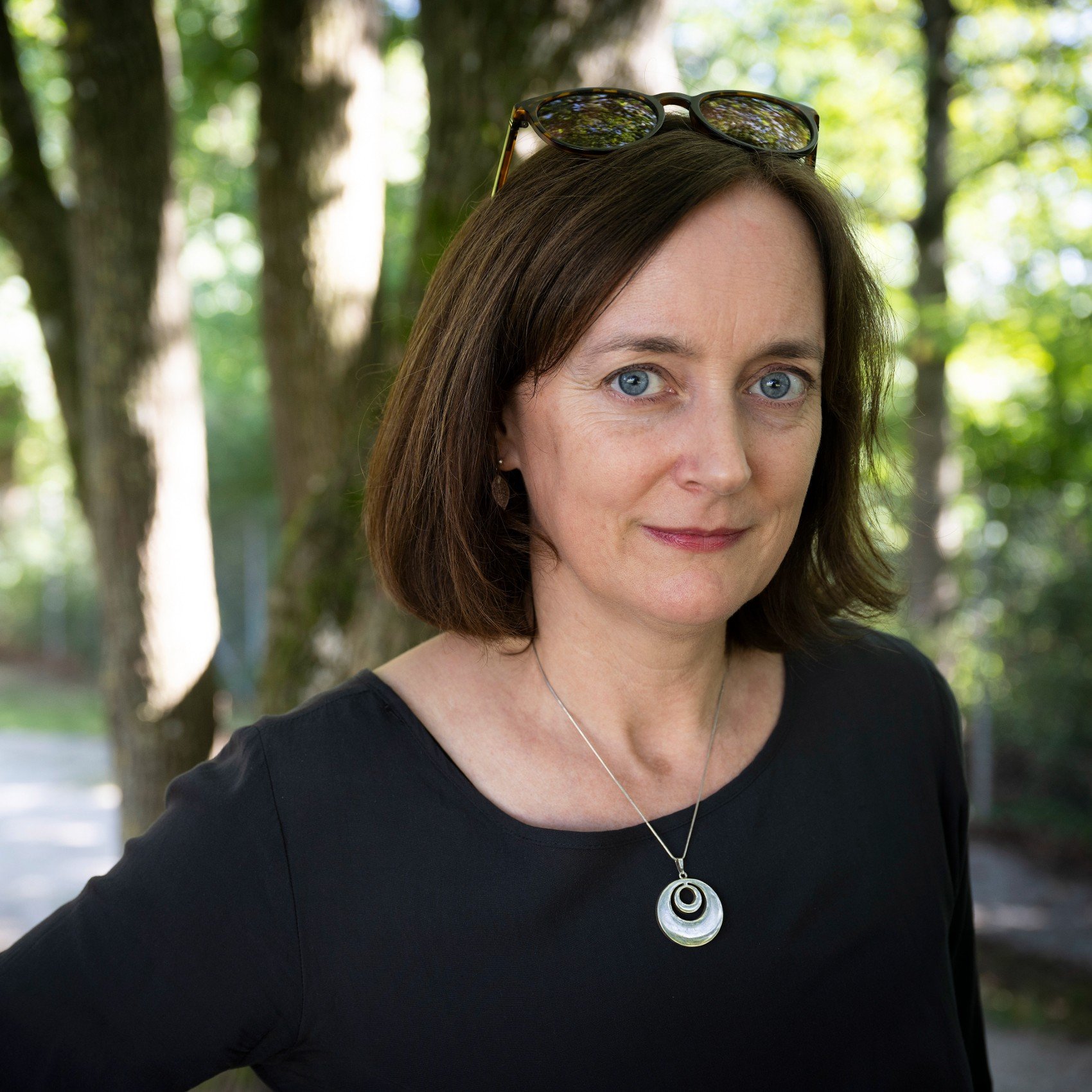Though originally an overwhelmingly rural nation, today 85 percent of Switzerland’s 9-million-plus population live in cities.
In fact, not only the Swiss, but foreign residents too, favour urban living.
This was revealed by two researchers from the University of Geneva, who found “a strong foreign presence” in and around large cities, which are close to economic centres and job opportunities — Zurich and Geneva foremost among them.
However, from the financial point of view, living in metropolises is not the best deal.
This is what emerges from an analysis carried out by Wüest Partner consulting firm, and reported in Neue Zürcher Zeitung
‘Inconspicuous places’
Wüest Partner analysed 2,143 communities on a scale from ‘very low costs’ to ‘very high costs’, taking into account rents, property prices, taxes, health insurance premiums, as well as commuting costs.
The rating also took into account the infrastructure of a community (for instance, schools and medical care) and accessibility — that is, time spent commuting and the costs of transport (mix of car and public transport).
On that last point, because the largest labour markets are located around urban centres, the commute time to Zurich, Basel, Geneva, Lausanne and Bern was also included in the calculations.
Based on these criteria, the survey found that the best communities are “inconspicuous places’”— small and medium-sized towns (SMSTs) of up to 50,000 residents, located in the central plateau along the A1 motorway.
The A1 is the longest motorway in the country, spanning more than 400 km from St. Gallen in the northeast to Geneva in the southwest, all the way to the French border (see map below).
The best towns, in terms of prices, were found along the section of the motorway that links communities in canton Fribourg with eastern Switzerland.
Winners and losers
Taking all the criteria into account, the community of Ried bei Kerzers, in canton Fribourg, with a population of 1,300, was crowned a winner. The community is mostly German-speaking even though Fribourg is a mostly French-speaking canton.
Next is Spreitenbach in Aargau, population 12,000.
In the third place is another Aargau community, Rheinfelden (13,500 residents).
Note, however, that not all the costs are lowest in these three communes. In some, rents and/or property prices may be cheaper, while in others, taxes or health insurance premiums could be lower.
On the other end of the spectrum — that is, places where life is most expensive overall — are SMSTs in parts of Graubünden, Valais. and Ticino, as well as municipalities in the traditionally costly regions like Zurich and Geneva.
READ ALSO: The most – and least – expensive cantons in Switzerland





 Please whitelist us to continue reading.
Please whitelist us to continue reading.
Member comments